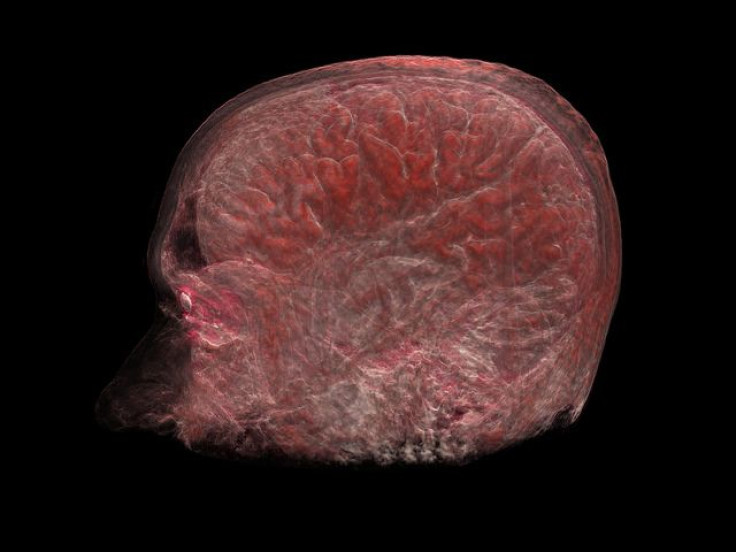If Your Hippocampus Is Bigger Than Normal, Don't Worry About Getting Alzheimer's

“More volume, more memory” may sound like the tagline for a new hair commercial but, in fact, it’s the nutshell results of a preliminary study which suggests the bigger the size of your hippocampus, the lower your risk of memory decline and dementia.
The two seahorse-shaped structures tucked deep inside the brain on both sides, left and right, are referred to as the hippocampus. As part of the limbic system, the hippocampus plays a role in both emotion and the formation of new memories. Specifically, the hippocampus is where information — usually emotionally-charged information — is transferred, like some hasty transaction performed at the ATM, into the long-term memory banks. While the left hippocampus appears to help us retain words and language, the right hippocampus is linked to spatial memory, such as the layout of streets in your hometown.
Unsurprisingly, the hippocampus is one of the first structures to erode in the brains of patients with Alzheimer's disease, a type of dementia that causes problems with memory, thinking, and behavior. Many previous studies of dementia have focused on the hippocampus and for the current study, the research team investigated how the size of this brain structure relates to risk of Alzheimer's disease.
Led by Aaron Bonner-Jackson, the team examined 226 patients at the Center for Brain Health, Cleveland Clinic, to search for indications of dementia.
Spatial Memory More Sensitive
Of these patients, 34 had been diagnosed with Alzheimer's disease; 82 had amnestic Mild Cognitive Impairment, a precursor to Alzheimer's disease; 13 had non-amnestic Mild Cognitive Impairment; 72 had other neurological disorders, stroke, or vascular dementia, while 25 showed only the signs of age-related memory changes.
After undergoing brain scans, the patients performed memory tests, some analyzing their ability with words, others assessing their ability with spatial tasks. When all the games were through, the researchers analyzed data and compared results. What did they discover?
As expected, the 'normal memory' participants performed better than patients with cognitive impairment… but they also had larger hippocampi. In fact, a larger left or right hippocampus predicted whether they had better verbal or spatial memory. However, performance on the spatial memory task was a more sensitive measure of hippocampal volumes than performance on the verbal memory task, according to Bonner-Jackson.
He and his colleagues believe the relationship between other brain structures within the limbic system, such as thalamus and amygdala, should also be examined in relation to Alzheimer's disease. Further study is needed to verify these preliminary results, the researchers noted.
Source: Bonner-Jackson A, Mahmoud S, Miller J, Banks S. Verbal and non-verbal memory and hippocampal volumes in a memory clinic population. Alzheimer's Research & Therapy. 2015.



























